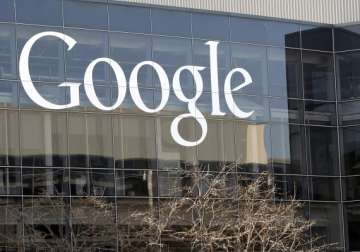Washington, Jan 4: Google Inc. has settled an U.S. antitrust probe that largely leaves its search practices alone. In a major win for Google, the Federal Trade Commission unanimously concluded that there is not enough evidence to support complaints from rivals that the company shows unfair bias in its search results toward its own products.
Below are six of the biggest takeaways from the decision announced Thursday:
1. Google promised to license hundreds of important mobile device patents to rivals that make gadgets such as smartphones, tablets and gaming devices, on "fair, reasonable and non-discriminatory terms," the FTC said. Google got the patents as part of its $12.4 billion purchase of Motorola Mobility last year. The patents cover wireless connectivity and other Internet technologies.
2. Upon receiving a request to do so, the online search leader pledged to stop using snippets of content from other websites, such as the reviews site Yelp Inc., in its search results. It had already scaled back this practice before the FTC settlement after a complaint from Yelp that triggered the FTC probe. Under the agreement, specialty websites such as those on shopping and travel can request that Google stop including such snippets in the search results, while still providing links to those websites.
3. Google pledged to adjust its online advertising system so marketing campaigns can be more easily managed on rival networks. Some FTC officials had worried that Google's existing service terms with advertisers make that difficult.
4. The FTC's unanimous conclusion that Google does not practice unfair "search bias" to promote its own properties against competitors is a major victory for the online search leader. It means it won't have to change its search formula, considered to be the company's crown jewel.
5. Not everyone was happy with the results. FairSearch, a group whose members include rival Microsoft Corp., said the FTC's "inaction on the core question of search bias will only embolden Google to act more aggressively to misuse its monopoly power to harm other innovators."
6. Next up, European regulators are expected to wrap up a similar investigation of Google's business practices in the coming weeks.
Latest Business News
